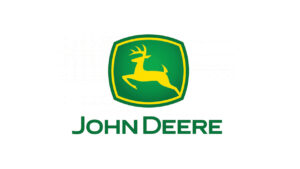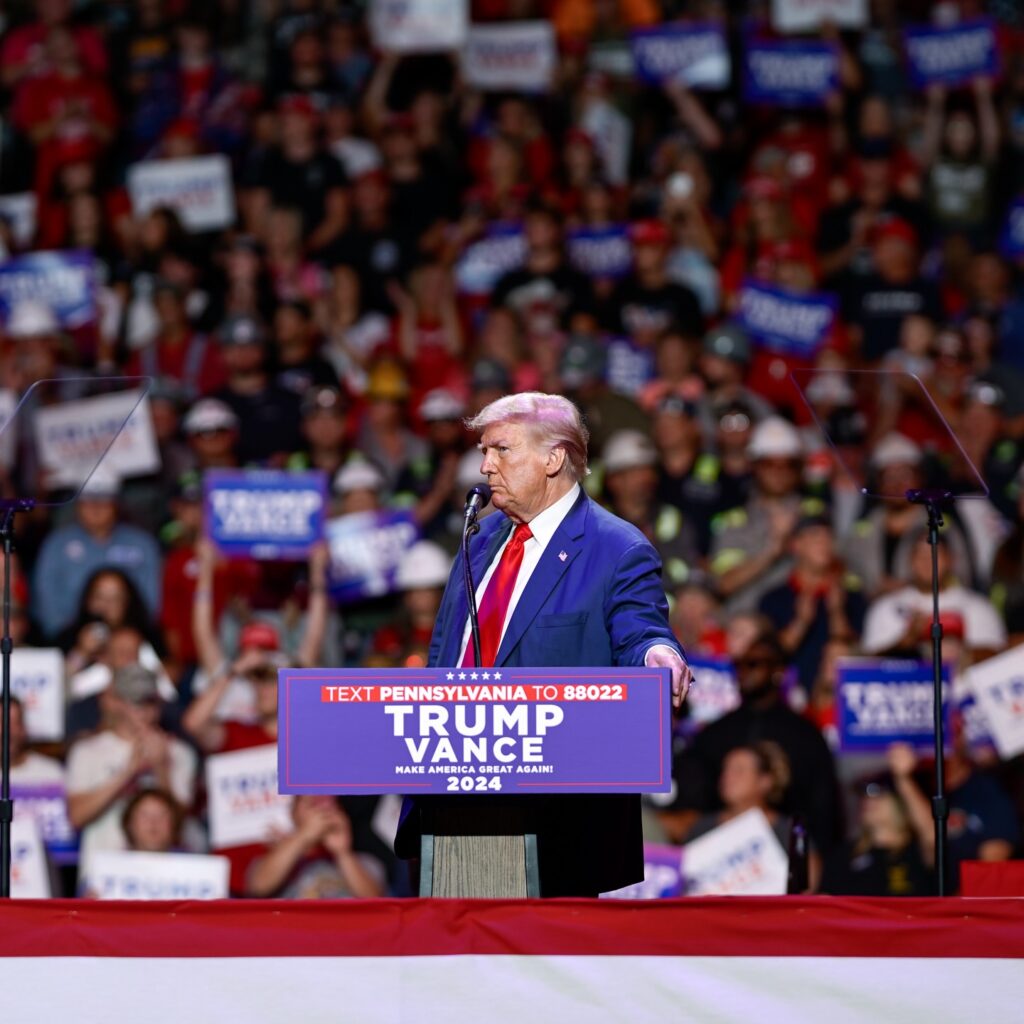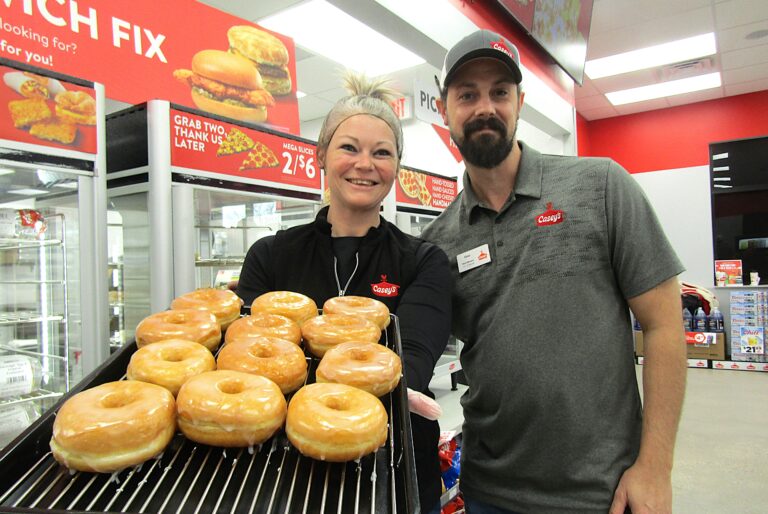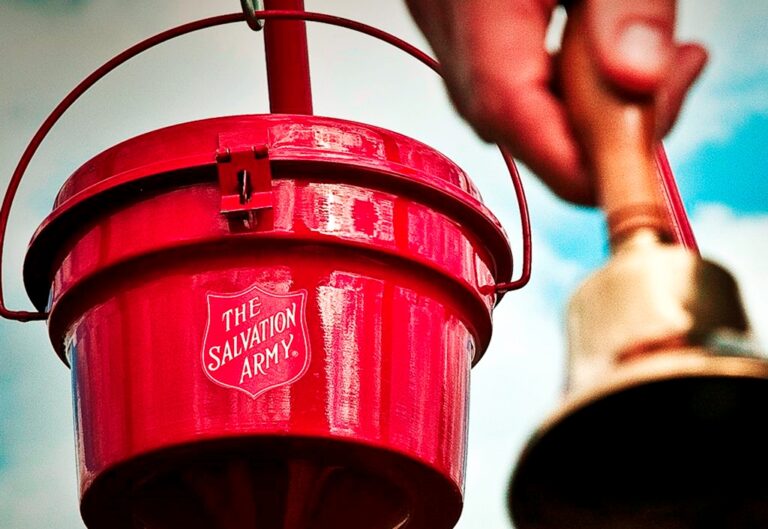Former President Donald Trump has made tariffs on U.S. imports – topping out at 60% on products from China – part of his manufacturing agenda as he seeks a second term in the White House. This week he also vowed to levy a 200% tariff on John Deere.
Mr. Trump issued the threat against the Moline-based manufacturer as part of comments he made during a Smithton, Pennsylvania, campaign stop on Monday, Sept. 23. Deere responded on Wednesday to the GOP presidential candidate’s comments in which Mr. Trump said, “I just noticed behind me John Deere tractors. I know a lot about John Deere, I love the company. But as you know, they’ve announced a few days ago that they’re going to move a lot of their manufacturing business to Mexico.”
He added “I’m just notifying John Deere right now, if you do that, we’re putting a 200% tariff on everything you want to sell into the United States, so that if I win John Deere is going to be paying a 200% — they haven’t started it yet. Maybe they haven’t even made the final decision yet. But I think they have.”
The GOP presidential nominee also followed the comments he directed at the agriculture and construction equipment manufacturer by threatening to levy 100% tariffs on cars coming from Mexico during an address the next day in Savanna, Georgia. His target was U.S. automakers that outsource vehicle production to their manufacturing facilities in Mexico.
“We’re going to put big tariffs on those cars that are coming in here at 100 to 200%, and they’re no longer going to be competitive, so you better stay in Michigan,” Mr. Trump warned.
WSJ, others weigh in
While embraced by many of Mr. Trump’s allies, the GOP candidate’s tariff policies met with swift pushback from some business sector leaders and GOP members of Congress including Senate Republican Leader Mitch McConnell.
The Wall Street Journal Editorial Board also quickly weighed in with an editorial entitled “A Deere in Trump’s Political Headlights.” It raised concerns that Mr. Trump’s tariffs would convince GOP voters to support Democratic Vice President Kamala Harris’ campaign for the White House.

In response to requests from the media including the QCBJ, Deere & Co. also shared statistics and policy statements Wednesday that showed the company’s continued commitment to the U.S.
For example, Deere said that during fiscal year 2024 less than 5% of its U.S. sales have been made in Mexico. In addition, more than 75% of all of its sales in the United States are from its U.S.-based manufacturing facilities. “We are a net exporter of U.S.-manufactured Ag & Turf equipment,” the company added.
Deere also said that since 2019 it has invested more than $2 billion in American factories – including to support the X9 combine assembly line at Harvester Works in East Moline – and “John Deere’s economic impact in our U.S. hometown communities and all those where we have a presence is valued at $27 billion. ”
The company also said that the layoffs at Deere this fiscal year, which have been widely reported,” were due to the weakening farm economy in 2024 and a reduction in customer orders for our equipment.”
Deere is not moving
Deere also stated “We are not ‘moving production’ to Mexico as continues to be reported, instead, we’ve strategically leveraged our footprint in Mexico for cab production (that transition was announced in 2022 and is being completed this year) and now mid-size skid steers” and compact track loaders by 2026.
In all, John Deere said it employs some 30,000 people in more than 60 U.S.-based facilities across 16 states. John Deere dealers also employ more than 50,000 at dealerships across the country and in 2023, Deere spent more than $16 billion with U.S.-based suppliers, the statement said.
As for the company’s manufacturing presence in Mexico, it dates back to 1952, and “it is not unusual for Deere to consider any number of factors when it comes to leveraging our global footprint, as a global business, while building new products in U.S. factories,” the company said. In addition to East Moline, examples include industry-leading technology such as See & Spray made in Des Moines, Iowa, and the 9RX tractor made in Waterloo, Iowa.
The company also directed those who wish to find out more about its commitment to U.S. manufacturing to go here. The website also includes this interview with its Waterloo factory manager and manufacturing lead for ag and turf.







